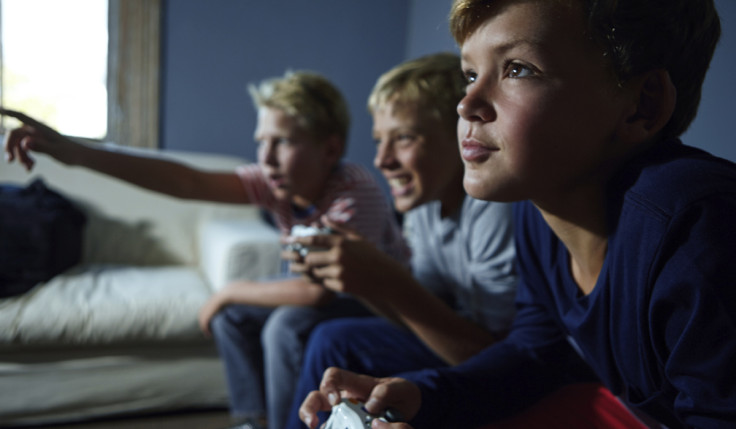Obsessive gamer's brains 'wired differently' with quicker reactions but more easily distracted

A study carried out by the Schools of Medicine at the University of Utah and Chung-Ang University in South Korea has discovered that the brains of video game players who play compulsively are "wired differently" with hyperconnectivity found between several pairs of brain networks.
The findings showed that while these brain changes helped players respond better and faster to new information, it was also associated with distractibility and poor impulse control. The study, which used data from the brain scans of nearly 200 adolescent males, was published online on Addiction Biology.
Among them were 106 boys between the ages of 10 to 19 who were seeking treatment for Internet gaming disorder - compulsive players who often gamed to the point that they gave up eating or sleeping. 80 of those studied in the 10-19 age range were not suffering from the disorder.
"Most of the differences we see could be considered beneficial," said Jeffrey Anderson, associate professor of neuroradiology at the University of Utah School of Medicine. "However the good changes could be inseparable from problems that come with them."
The study found that brain networks linked to processing vision or hearing in the compulsive players were more likely to have enhanced coordination. This portion of the brain is called the salience network, which responds to immediate, important events. In a game that might be an enemy opening fire, in life that might be a speeding car.
"Hyperconnectivity between these brain networks could lead to a more robust ability to direct attention toward targets, and to recognise novel information in the environment," continued Anderson. "The changes could essentially help someone to think more efficiently."
Coordination between two brain regions - the dorsolateral prefrontal cortext and temporoparietal junction – may "increase distractibility" according to Anderson. The same change is seen in patients with conditions like schizophrenia, autism or Down's syndrome.
The study's first author Doug Hyun Han, professor at Chung-Ang University, said this is the largest, moste comprehensive investigation to date into differences in the brains of compulsive video game players.
For all the latest video game news follow us on Twitter @IBTGamesUK.
© Copyright IBTimes 2024. All rights reserved.







